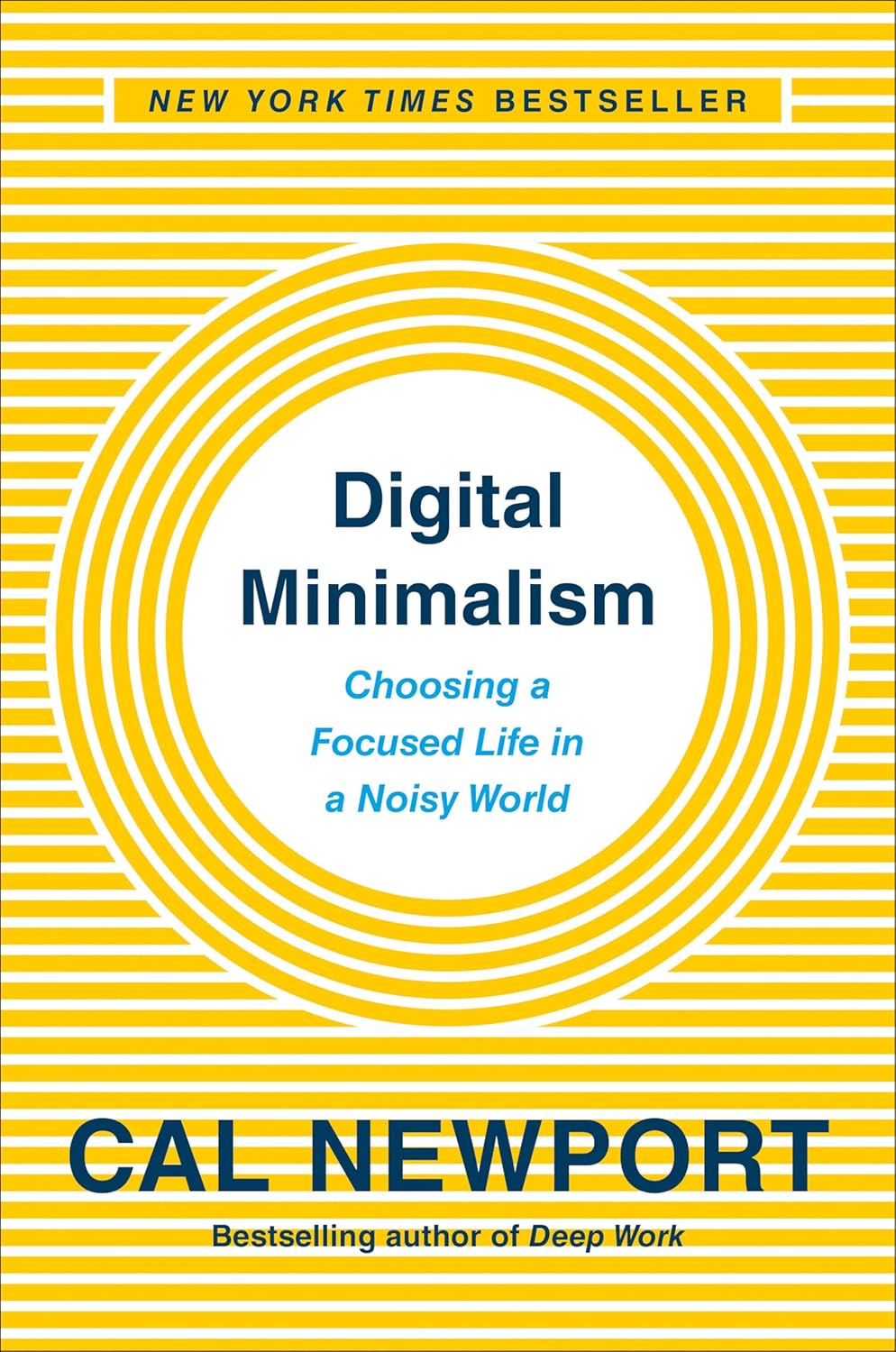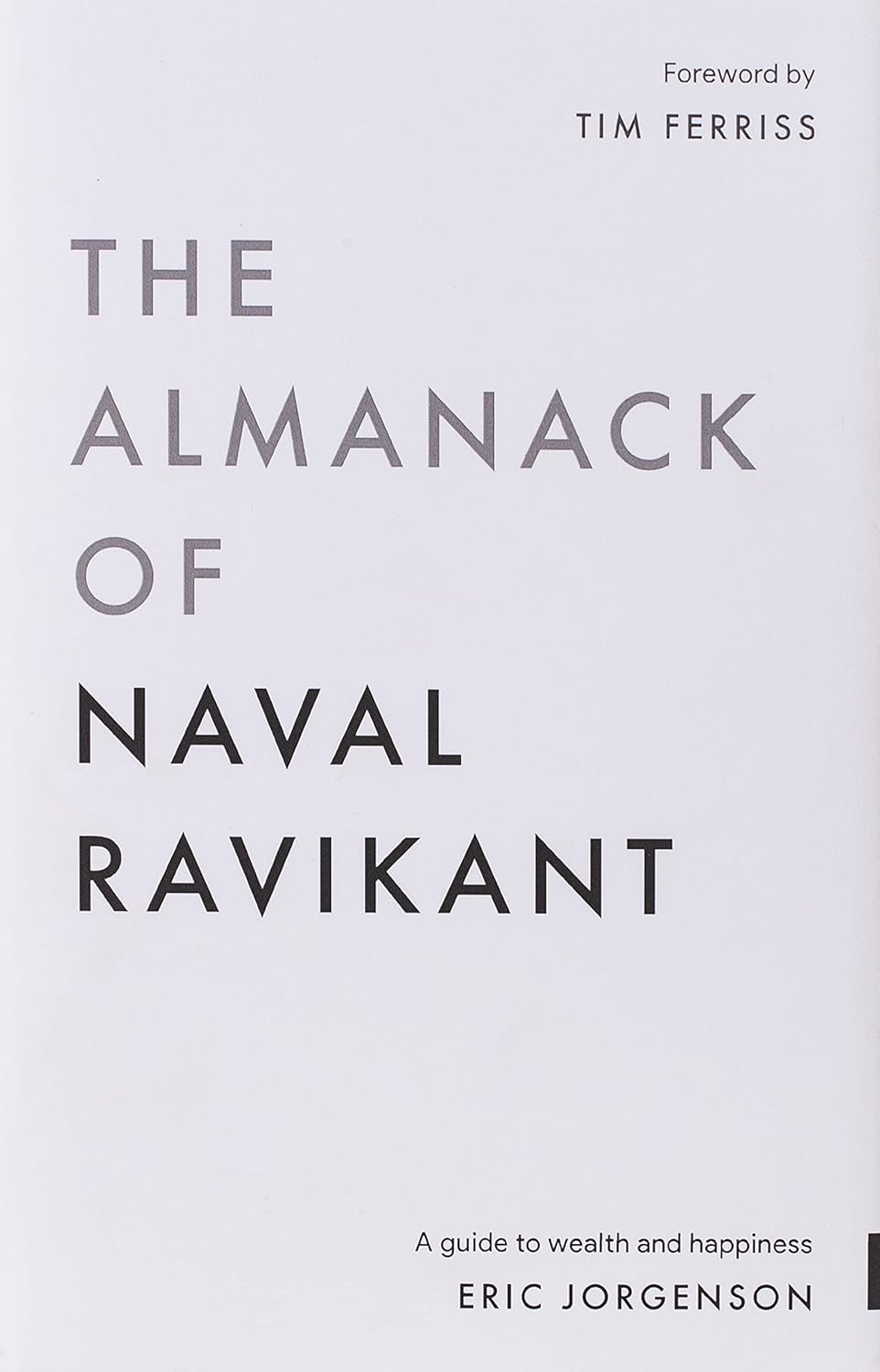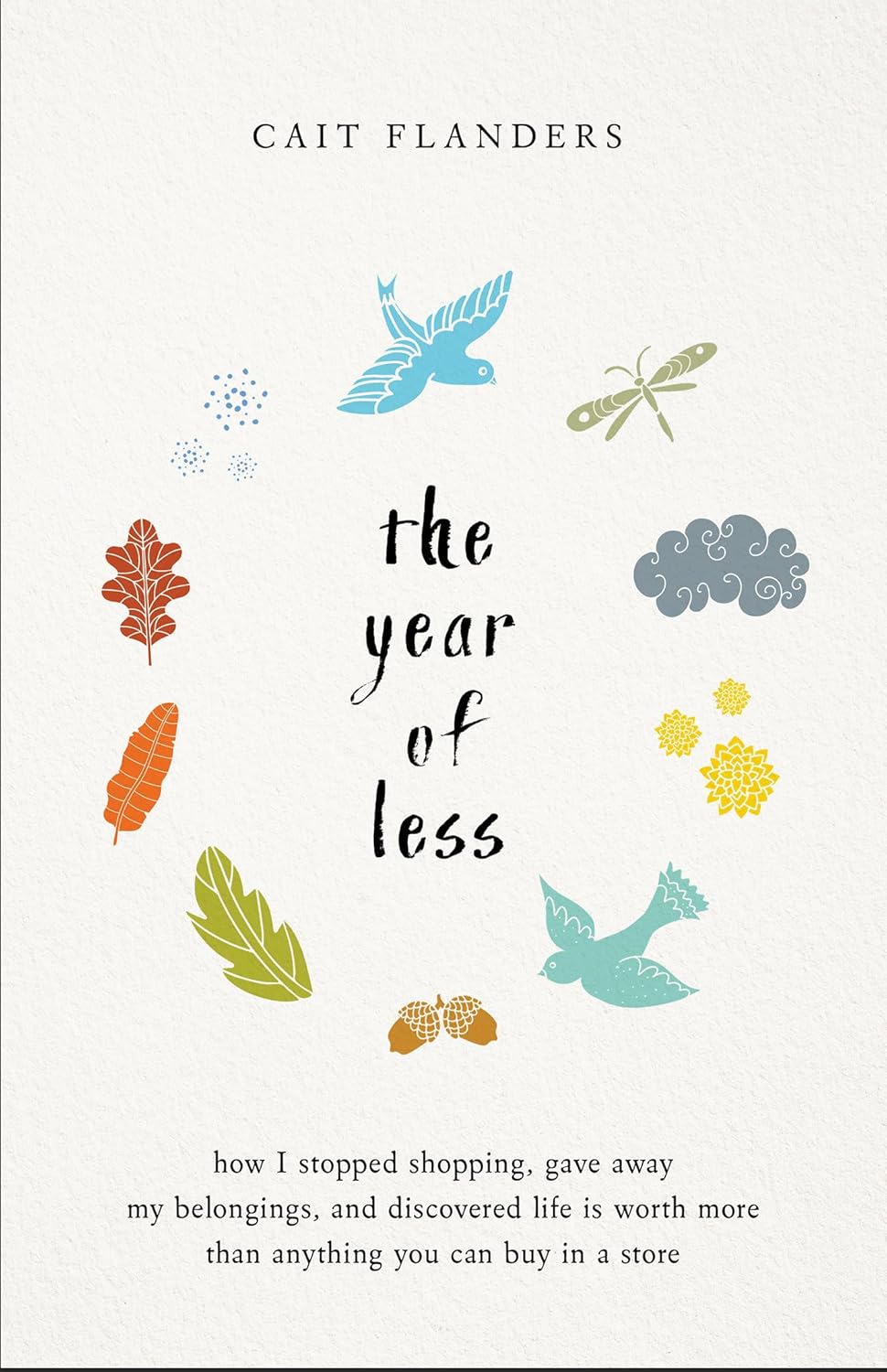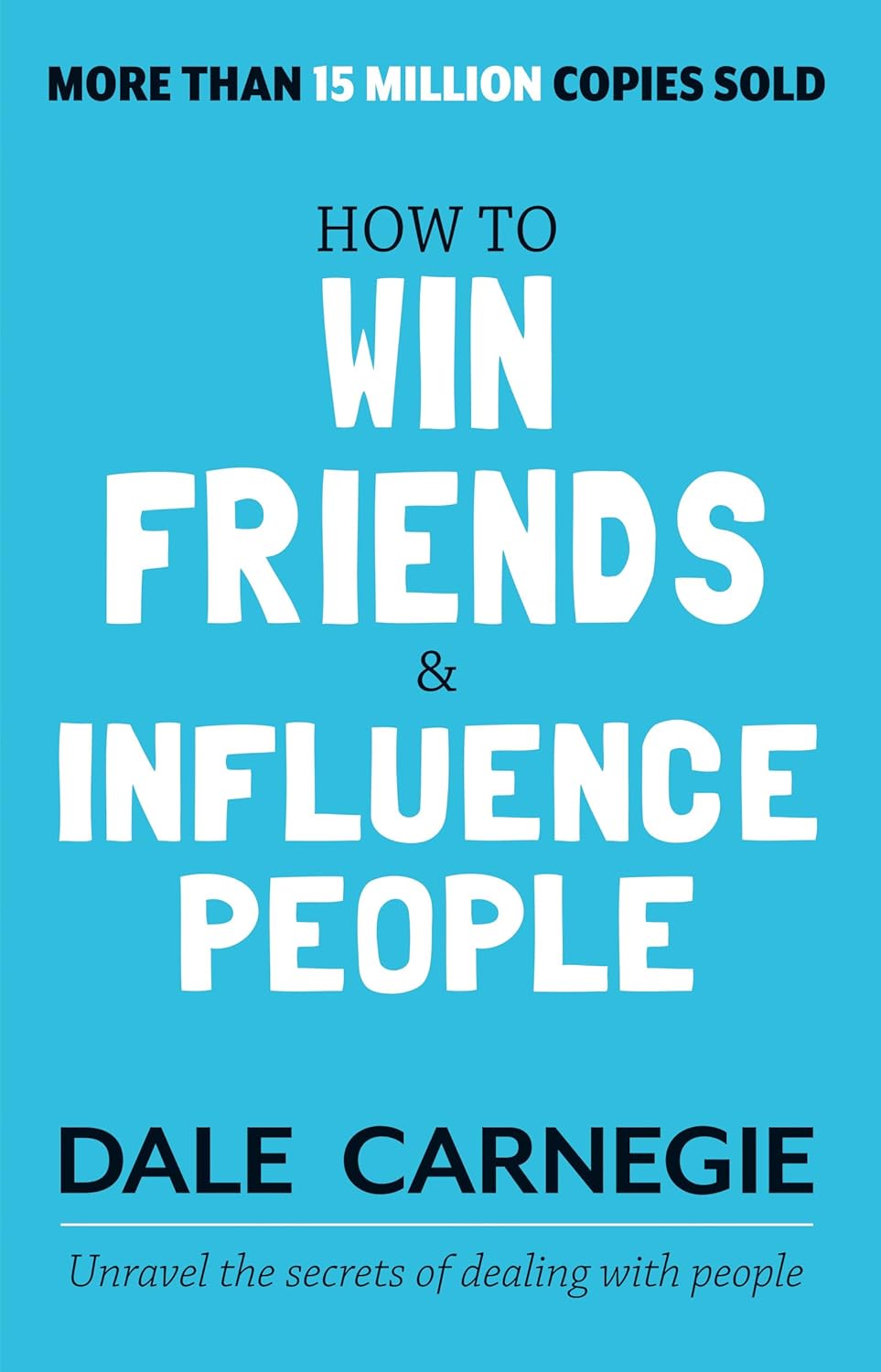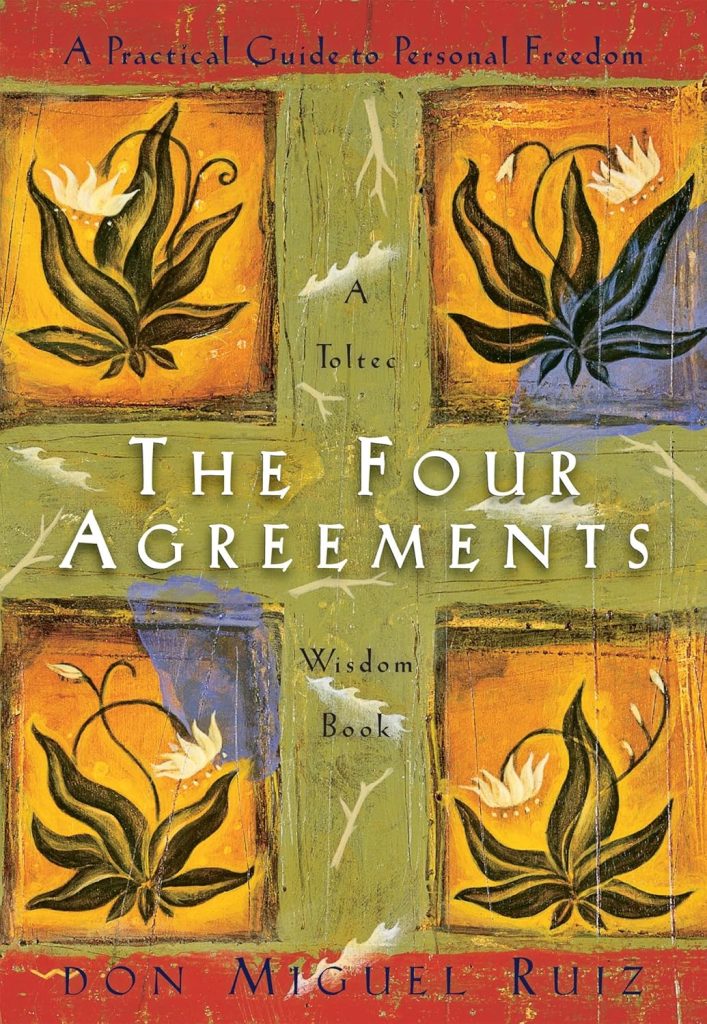
Buy The Book
Chapter
- ✦ Introduction: The Smokey Mirror
- ✦ Domestication and the Dream of the Planet
- ✦ The First Agreement, Be Impeccable With Your Word
- ✦ The Second Agreement, Don’T Take Anything Personally
- ✦ The Third Agreement, Don’T Make Assumptions
- ✦ The Fourth Agreement, Always Do Your Best
- ✦ The Toltec Path To Freedom, Breaking Old Agreements
- ✦ The New Dream, Heaven On Earth
The Four Agreements

About
The book is a transformative work that draws from ancient Toltec wisdom to provide a practical guide to personal freedom and spiritual growth. The book presents four agreements as a framework for personal development: Be impeccable with your word, Don’t take anything personally, Don’t make assumptions, and Always do your best. These agreements are designed to help individuals break free from self-imposed limitations and societal conditioning, allowing them to live a life of authenticity and inner peace.
Don Miguel Ruiz, a renowned spiritual teacher and shaman, hails from the Eagle Knight lineage and has dedicated his life to sharing the profound teachings of the Toltec. Born into a family of healers in rural Mexico, Ruiz initially trained as a surgeon before a near-death experience led him to embrace his spiritual heritage. His teachings emphasize the importance of self-awareness, truth, and love in achieving personal transformation.
Through “The Four Agreements,” Ruiz offers readers a path to rediscover their true selves and live in harmony with the universe. His work has resonated with millions worldwide, providing timeless insights into the human condition and offering practical steps to achieve lasting joy and fulfillment.

Spark
Learn
Review
✦ Introduction: The Smokey Mirror
Three thousand years ago, a man living near a mountain city was studying to become a medicine man. Although he was learning the ancient knowledge of his people, he felt there was something more. One night, while dreaming in a cave, he had a profound realization. He saw his own body sleeping and then, under a clear sky filled with stars, he understood that everything is made of light, including himself. He recognized that light creates the stars, not the other way around, and that everything in existence is one living being—God. He realized that human perception is simply light perceiving light, and that matter is a mirror reflecting this light, creating the world of illusion or the Dream. This revelation changed him completely. He saw himself in everything and everyone, but others couldn’t understand him. They believed he was divine, but he told them, “We are all God, made of light.” He noticed that people were trapped in a Dream, unable to see their true nature because of the smoke between their mirrors. To remind himself of this truth, he called himself the Smokey Mirror, knowing that while he could see himself in others, they couldn’t see the same in him.
✦ Domestication and the Dream of the Planet
What you’re experiencing right now is a dream—one that continues whether your brain is awake or asleep. When we’re awake, our dreams are framed by reality, but when we sleep, they shift without boundaries. We’re always s dreaming, and before we were born, those who came before us created a collective dream that we call society. This dream is composed of countless individual dreams that form families, communities, and entire cultures. From birth, we are taught how to dream according to society’s rules—through language, behavior, and beliefs—by those around us.
This process of learning and adopting societal norms is what the author calls “domestication.” We are trained like animals, with rewards and punishments shaping our behavior and beliefs. Over time, these external teachings become internalized, and we begin to domesticate ourselves, adhering to a “Book of Law” in our minds that dictates our thoughts, actions, and self-judgments. We fear breaking these rules because they offer a false sense of security, even if they are rooted in lies.
This domestication leads to self-rejection, as we strive to meet impossible standards of perfection set by society. We wear masks to hide our true selves, fearing that others will see our imperfections. This self-rejection and fear create a personal and collective nightmare, where we suffer from guilt, shame, and the constant need for external validation.
Ultimately, the fog of societal beliefs blinds us to the truth of who we are. We live in fear, striving to meet the expectations of others, and in doing so, we lose touch with our authentic selves.
**Prelude to a New Dream**
You’ve made countless agreements with yourself and others about who you are, what you believe, and how you should behave. These agreements shape your personality and reality. While one agreement might not be harmful, many can lead to suffering and failure. To live a joyful and fulfilling life, you need to courageously break fear-based agreements and reclaim your personal power.
Fearful agreements drain your energy, leaving you with barely enough to survive. To change your life, you must break these agreements and adopt new ones that come from love. By breaking old agreements, you regain the power spent maintaining them.
Embracing the Four Agreements will give you the strength to transform your life. This shift will dissolve the suffering in your current dream and allow you to create a new, personal dream of heaven.
✦ The First Agreement, Be Impeccable With Your Word
The first agreement, “Be impeccable with your word,” is fundamental and perhaps the most difficult to uphold. This agreement has the potential to elevate your life to a state of “heaven on earth.” Although it might seem straightforward, its impact is profound and transformative.
Words are incredibly powerful; they are the means through which we express our inner thoughts and desires. According to the Bible, “In the beginning was the word, and the word was with God, and the word was God,” highlighting the divine nature of words. They are more than mere sounds or symbols; they embody a force capable of creating or destroying. Like a double-edged sword, words can build a beautiful reality or wreak havoc. The key lies in how we use them.
When words are misused, they can lead to significant suffering and chaos. History shows us how figures like Hitler used words to incite fear, manipulate masses, and cause devastation. Such misuse demonstrates how words can be wielded as instruments of black magic, creating a nightmare for countless individuals. Conversely, using words impeccably—truthfully and lovingly—can foster beauty, harmony, and positive change. This highlights the need for careful and intentional communication.
To be impeccable with your word means to use it without self-rejection or harm. The term “impeccable” derives from the Latin word “pecatus,” meaning “sin,” with the prefix “im” indicating “without.” Thus, being impeccable means “without sin.” In this context, a sin is anything that goes against oneself, such as self-judgment or blame. Practicing impeccability involves expressing love and truth, thereby nurturing positive energy and relationships.
However, we often fall into the trap of misusing our words, whether through gossip or self-criticism. Gossip, for example, is a form of black magic that spreads emotional poison. It’s like a virus that corrupts our perceptions and relationships. When we listen to or engage in gossip, we are often influenced by others’ negative opinions and attitudes, which can infect our own thinking and interactions.
To break free from these negative patterns, it is crucial to practice impeccable use of words. This means avoiding gossip, refraining from harsh self-judgment, and focusing on positive, loving communication. By making this commitment, you can transform your mental and emotional state and improve your relationships. Impeccability with your word not only protects you from negativity but also aligns you with truth and love.
In essence, this first agreement has the power to bring personal freedom, joy, and a profound shift in your life experience. By adhering to it, you can create a more fulfilling and harmonious existence, rising above the negativity and chaos that often pervades human interactions.
✦ The Second Agreement, Don’T Take Anything Personally
The mitote, a term for the mental noise and confusion in our minds, can be compared to a chaotic marketplace filled with numerous voices and conflicting perspectives. Imagine a bustling bazaar where everyone is shouting, trading, and arguing simultaneously; this represents the internal chaos many experience. Each thought or belief acts like a separate entity with its own personality and voice, leading to a complex web of agreements and disagreements within our minds. These internal voices often conflict with one another, creating a state of constant mental warfare. This chaos is a significant reason why people struggle to clearly define their desires, goals, or even their true needs. When different parts of the mind want contradictory things, it becomes nearly impossible to make coherent decisions or achieve inner peace. Understanding and addressing these conflicting agreements can help restore order and clarity.
The second agreement, “Don’t take anything personally,” is crucial for reducing unnecessary suffering and fostering emotional resilience. Humans have a tendency to become addicted to suffering in various forms, and this addiction is often reinforced by our interactions with others. We may unconsciously support each other’s misery, creating a cycle of pain and suffering. For example, if you have a tendency to attract mistreatment, you might find yourself in situations where others exploit this vulnerability. Conversely, if you are surrounded by people who thrive on drama and suffering, you may find yourself inadvertently contributing to their pain. This mutual reinforcement of suffering perpetuates a harmful cycle.
People frequently lie, both to themselves and to others, which can make it challenging to discern the truth. As awareness grows, it becomes evident that people’s lies often stem from fear and self-protection. Recognizing that others lie out of their own insecurities can help you avoid taking their actions personally. If someone fails to treat you with the love and respect you deserve, their departure from your life can be seen as a blessing. Although it may be painful initially, it is preferable to enduring ongoing suffering. Healing will eventually come, and you will find that trusting yourself is more important than relying on others’ actions.
Adopting the practice of not taking things personally offers substantial benefits. It helps you let go of anger, jealousy, and sadness, leading to a more peaceful and contented state of mind. By refusing to internalize others’ negativity, you protect yourself from emotional harm and free yourself from the effects of gossip and ill-will. When you consistently apply this agreement, you can maintain inner peace and happiness even in challenging circumstances. You’ll find yourself navigating life with an open heart, unburdened by the fear of rejection or judgment. You can express love, make requests, and set boundaries without guilt or self-doubt. Practicing this agreement allows you to experience inner serenity regardless of external chaos, ensuring that you remain unaffected by the turmoil around you.
✦ The Third Agreement, Don’T Make Assumptions
The third agreement, “Don’t make assumptions,” addresses the common tendency to assume we understand others and situations without verifying facts. This habit often leads to misunderstandings and conflicts. When we make assumptions, we convince ourselves they are true, which can result in emotional turmoil. We might misinterpret others’ actions or intentions, take things personally, and react defensively, creating unnecessary drama.
Assumptions cause problems in our relationships by fostering miscommunication. For example, if you see someone you like smile at you and then walk away, you might assume they have romantic interest. This assumption can lead to unrealistic fantasies about a relationship that may never come to fruition. Similarly, in a partnership, assuming your partner knows what you want without expressing it clearly can lead to frustration and conflicts. If your partner doesn’t meet your expectations, you may feel hurt, thinking they should have known better.
In relationships, making assumptions about others’ thoughts or feelings can lead to significant misunderstandings. If you assume your partner shares your views on important matters, such as marriage, conflicts can arise when you discover otherwise. These assumptions often stem from a lack of clear communication and the belief that others should automatically understand your needs and desires.
The tendency to make assumptions also extends to self-perception. We might overestimate or underestimate our capabilities, leading to inner conflict when reality doesn’t align with our assumptions. We also create problems by justifying our feelings or decisions based on these assumptions, which can distort our view of reality and lead to further dissatisfaction.
To avoid the pitfalls of making assumptions, it’s crucial to ask questions and seek clarity. Open and honest communication prevents misunderstandings and reduces the emotional burden caused by mistaken beliefs. When you express your needs and seek to understand others, you can avoid the negative impact of assumptions. This practice leads to cleaner communication and stronger relationships.
By making a habit of not assuming, you foster more transparent interactions with others. You will no longer need to defend mistaken beliefs or suffer from the resulting conflicts. This agreement helps transform how you communicate, shifting from assumptions and misunderstandings to clear, direct conversations.
Ultimately, embracing the practice of not making assumptions brings about a profound shift. It allows you to experience relationships and life more authentically, free from the distortions created by assumptions. By consistently applying this agreement, you move towards personal freedom and the mastery of clear, effective communication, aligning with the Toltec goal of personal transformation and inner peace.
✦ The Fourth Agreement, Always Do Your Best
The Fourth Agreement, which reinforces the first three, is to **always do your best**. This principle helps integrate the previous agreements into daily habits. Doing your best means putting in your utmost effort, but understand that “best” varies with circumstances. It changes based on your mood, health, and energy levels. On a good day, your best might be high, but on a tired day, it might be less. Your best today may differ from your best tomorrow, and that’s okay.
The key is to avoid overexerting yourself or underperforming. Overdoing it can lead to burnout and inefficiency, while underdoing it can cause regret and frustration. By consistently doing your best, you avoid self-judgment and guilt. This practice can free you from the cycle of blame and self-punishment.
Consider the story of a man who wanted to transcend suffering through meditation. He asked a Master how long it would take if he meditated eight hours a day. The Master replied it would take longer because excessive effort could lead to exhaustion and distract from true joy and living fully. The lesson is to focus on doing your best without sacrificing your happiness or well-being.
When you do your best, you’re actively engaging in life, which brings fulfillment. However, many people approach tasks with the expectation of a reward, which makes them less invested and more prone to dissatisfaction. For instance, some endure work solely for the paycheck, leading to resentment and unhappiness. Instead, if you take action for its own sake, you’ll find more enjoyment and satisfaction.
Doing your best means acting with love and joy, not out of obligation. It transforms routine actions into meaningful rituals, enhancing your overall life experience. By applying this approach, you honor yourself and your life. Each action becomes an expression of respect for yourself and your surroundings, fostering a sense of divine connection.
The Four Agreements—being impeccable with your word, not taking things personally, not making assumptions, and always doing your best—will guide you toward a more fulfilling life. Mastery of these agreements requires persistence. You might stumble, but it’s crucial to keep going. Each day is a new opportunity to practice these agreements, and over time, they will become second nature. You don’t need to be perfect; just keep doing your best, and you’ll see significant improvements in your life.
✦ The Toltec Path To Freedom, Breaking Old Agreements
Freedom is a universal desire, yet its true meaning remains elusive. In America, we often speak of freedom, but are we truly free to be ourselves? The real obstacle is not the government, religion, or societal pressures; it is ourselves. We hinder our freedom by conforming to external expectations and internalizing limiting beliefs.
Young children embody true freedom. They explore, play, and love without fear or inhibition. As we grow, societal norms and responsibilities overshadow this natural state. We become entangled in roles and expectations, driven by the “Judge” and the “Victim” within us, which stem from a belief system that confines us.
To regain freedom, we must first become aware of these internal barriers. Awareness is the first step toward breaking free from the Judge, the Victim, and our ingrained beliefs. By recognizing these influences, we can begin to heal and transform our lives.
The Toltecs, ancient shamanic practitioners, offer a path to freedom through three masteries: Awareness, Transformation, and Intent. They see the Judge, the Victim, and belief systems as parasites feeding on negative emotions and fear. To combat these, we can either confront our fears, stop fueling negative emotions, or symbolically “die” to our old selves.
True freedom is about reclaiming our ability to live authentically and joyfully, much like a child. It requires challenging the constraints of our mind and society, and choosing to live a life true to ourselves.
✦ The New Dream, Heaven On Earth
*Heaven on Earth*
Imagine starting anew, letting go of everything you’ve learned and embracing a fresh perspective. Your current dream is your creation, and you can change it anytime. You have the power to envision and live in a dream of heaven, filled with love and bliss.
Visualize seeing the world through new eyes, where everything radiates love. Envision a life where you are free from judgment, conflict, and fear. You are empowered to express your true self, ask for what you need, and love without shame or fear of rejection. Imagine living boldly, without the fear of taking risks or facing loss. You are at peace with who you are, loving yourself and your life as it is.
This state of bliss, where love is your guiding force, is achievable. It is a choice you make, not a distant ideal. Just as ancient wisdom spoke of heaven, Nirvana, or the Promised Land, you can experience this state by transforming your perception and letting go of suffering. Happiness is a choice, as is suffering. Choose to embrace love and live in your personal heaven.
*Prayers*
Close your eyes and open your heart. Feel the love within you and join in a powerful prayer for communion with our Creator.
Focus on your lungs, experiencing the joy of breathing. Feel the air as love filling your lungs and giving you pleasure. Recognize that breathing and being alive are sources of joy and love.
**Prayer for Freedom:**
Creator, we seek your presence and a deep communion of love. Help us embody unconditional love—loving ourselves and others without judgment or expectations. Cleanse our hearts of emotional poison and free us from judgment so we can live in peace and love. Let us openly express love and be instruments of your love in the world. Amen.
**Prayer for Love:**
Imagine a sunny day by a river where an old man radiates vibrant light. He shares his story of receiving a flame of love from his teacher, which grew into an all-encompassing fire. This love touched everything—nature, animals, and humans—uniting him with all creation.
Now, the old man places a flame of love in your heart, connecting you with the world. Feel this love expanding within you. Radiate this light and warmth as you pray: Thank you, Creator, for the gift of life and love. Help me to keep this love in my heart and make it my way of life. Amen.
For People
– Seekers of personal growth;
– Spiritual practitioners;
– Self-help enthusiasts;
– Individuals interested in Toltec philosophy;
– People looking to improve relationships
Learn to
– Self-awareness and mindfulness;
– Improved communication skills;
– Emotional resilience;
– Greater sense of personal freedom;
– Enhanced relationships.





